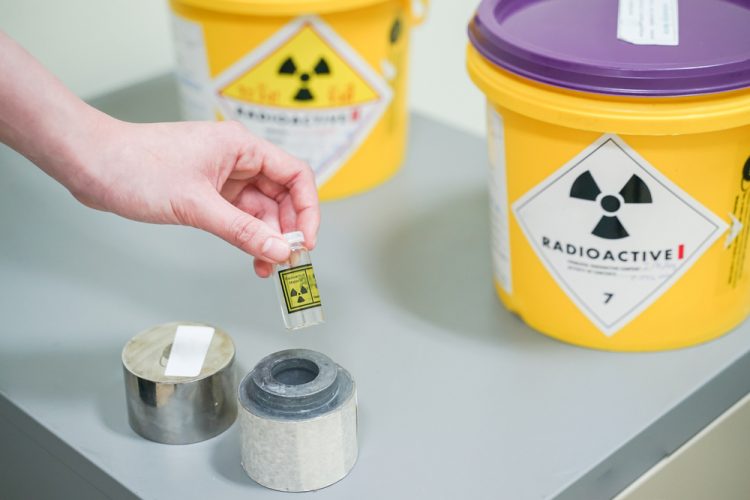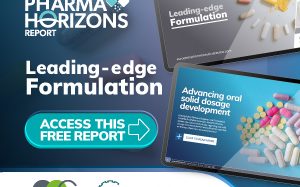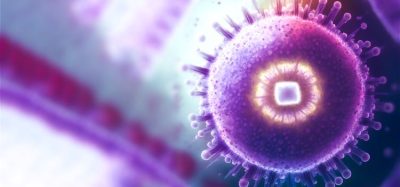New radionuclides network to revolutionise nuclear medicine and molecular imaging
The European PRISMAP consortium will provide access to novel radioisotopes for medical research and promote the development of new radio-medicinal products.
PRISMAP – the European medical radionuclides programme, conducted by the National Physical Laboratory (NPL) and collaborators is set to substantially change the landscape for novel and emerging medical radionuclides.
According to NPL, though nuclear therapy and molecular imaging is widely used at hospitals and can drastically improve the outcome for many medical conditions, particularly disseminated cancer, its effective development has been limited for a long time by the difficult access to radionuclides not yet commercially available.
The NPL stated that despite more than 3,000 different radioisotopes having been synthesised, only a few are regularly used in nuclear medicine or molecular imaging, since access to radionuclides during the development and early biomedical research phases has limited the development of novel radio-medicinal products. PRISMAP aims to enable this development by providing access to novel radioisotopes of high purity grade for medical research.
Radioisotopes used in nuclear medicine are synthesised in a laboratory through two main methods: neutron irradiation in a nuclear research reactor or proton or alpha irradiation with a particle accelerator. The size and energy of the particle accelerator determines which radioisotope can be produced. Presently, small, compact machines are found in many hospitals, providing access to the radioisotopes commonly used today; however, higher-energy machines are needed to produce novel radioisotopes that are not currently available.
Yet producing novel radioisotopes presents more challenges than simply requiring different machines; the synthesis can also co-produce unwanted radioactivity which affects the quality of the medicinal product, may induce adverse effects to a patient and can cause serious difficulties to waste management in a hospital environment. Thus, novel purification techniques are required. Under PRISMAP techniques will be developed based on physical mass separation and radiochemistry to achieve high purity radioisotope production, which is appropriate for medicinal products.
PRISMAP will also provide immediate access to novel radioisotopes to support the ongoing research across Europe and beyond. This will be through a single-access platform where the production and support capabilities are presented.
Additionally, a network of world-leading, European facilities, including nuclear reactors, medium- and high-energy accelerators, and radiochemical laboratories, has been established to offer the broadest catalogue of radioisotopes for medical research. Mass separation is available at the CERN MEDICIS facility to provide the physical separation of isotopes of an element. Furthermore, a network of biomedical research facilities has been established to host external researchers to perform their research close to the production facility when the isotopes are not suitable for long transport to their institution, or when the European licencing for novel radioisotopes has not yet been obtained.
Access to radioisotopes and associated facilities will be granted on an excellence selection basis, by applying for access to radioisotopes and, if necessary, to the complementary biomedical facilities. A selection panel consisting of experts in the fields of radioisotope production, molecular imaging and radionuclide therapy will select the best projects from the applicants. The first call for proposals will be launched before the end of 2021 for applications in the first quarter of 2022.
The PRISMAP consortium of 23 academic and research institutions will also work towards upscaling of the production of these novel radioisotopes using novel production technology, new purification methods and proof-of-concept investigations showing the development of new treatments from test bench to patient care.
The NPL added that new data will be generated and compiled in collaboration with research hospitals and metrology institutes in order to speed and simplify the adoption of the novel radioisotopes in medical environments. The findings, it said, will be used to develop new teaching material for professionals in the various fields of the sector and training the next generation of professionals, as well as advising the European Commission on these emerging radioisotopes.
Related diseases & conditions
Cancer










